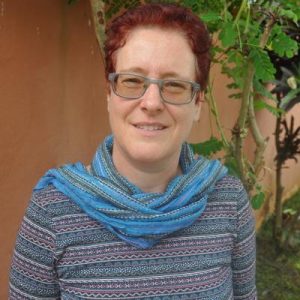
The conversion of vast natural areas to crop fields and pastures threatens the habitats of many species, compromising ecological sustainability. Ecosystem complexities need to be considered and promoted through agricultural systems that contribute to conserving natural resources by providing food, water, shelter and habitat for wildlife. Agroforestry systems, which typically harbor a much higher species richness than monoculture systems, are essential to protect and increase biodiversity in agricultural landscapes. They can also function as ecological corridors, allowing species to move between different habitats in a fragmented landscape. Agroforestry systems offer high complexity that can promote natural enemies of crop pests, while also providing a better habitat for pollinators and other beneficial taxa, such as soil microbes. Biodiversity is also the base to provide provisioning services (diversified production), regulating services (carbon sequestration, pest regulation, hydrological regulation, conservation of soil fertility) and even cultural services (tourism, recreation, spiritual). But how does agroforestry play such roles? To what extent can agroforestry compensate for the loss of natural habitats? What can be done to improve contributions and avoid conflicting aims? This session aims to find ways for agroforestry to contribute to transitioning to higher, and productive, biodiversity on farms and at the landscape level.
CIFOR-ICRAF speakers

John Osidi

Elisée Bahati Ntawuhiganayo
Presentations
Transforming landscapes for greater biodiversity through the establishment of Forest Gardens
Andrew Zacharias, Trees for the Future, United States
Linear features in cattle ranches in Catacamas Honduras: existence and opportunities to increase tree cover
Arlene Sampson, CATIE, Costa Rica
Better connectivity of the natural environment using agroforestry as ecological restoration in intensive agricultural zones of Southern Québec, Canada
Ariane Breault, Horizon-Nature Bas-Saint-Laurent, Canada
Seed and seedling systems for indigenous trees in refugee landscapes
John Osidi, World Agroforestry ICRAF, Kenya & Ann Degrande, CIFOR-ICRAF, Cameroon
Diversity of trees on farms and associated biodiversity in the Gishwati landscape, Rwanda
Elisée Bahati Ntawuhiganayo, World Agroforestry, Rwanda














